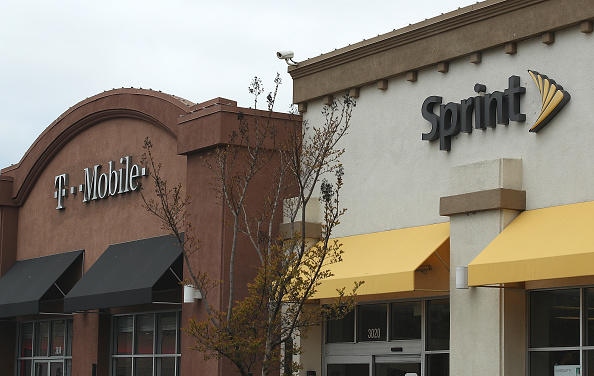Last month, T-Mobile and Sprint officially announced plans to merge companies. A big talking point that the two used to create excitement was that it would allow for the rapid creation of a nationwide 5G network.
Now, ten states have sued T-Mobile and Sprint in order to prevent the merger. The states include California, Colorado, Connecticut, the District of Columbia, Maryland, New York, Michigan, Mississippi, Virginia, and Wisconsin.
The main argument centers around how this merger will stifle competition. If there are fewer choices for cellphone services, then the few that exist can easily rack up prices. This can cause headaches for low-income communities, where even the smallest price increase could cause a family to lose service.
In a statement, New York’s Attorney General Letitia James said:
“When it comes to corporate power, bigger isn’t always better. The T-Mobile and Sprint merger would not only cause irreparable harm to mobile subscribers nationwide by cutting access to affordable, reliable wireless service for millions of Americans, but would particularly affect lower-income and minority communities here in New York and in urban areas across the country. That’s why we are going to court to stop this merger and protect our consumers, because this is exactly the sort of consumer-harming, job-killing megamerger our antitrust laws were designed to prevent.”
Although cellphone costs experienced a decline for two years, they’ve recently begun to increase. The Verge reported that the U.S. Labor Department found the cost of a cell plan increased by 0.3 percent in June 2018.
Right now, the average household spends about $1,100 annually on cellphone services, according to the New York Attorney General’s announcement.
If prices are already increasing without the merger, then it’s not hard to see why states are concerned about how their residents will fare.
It was already unlikely that T-Mobile and Sprint would’ve been able to go through with their merger as proposed. However, the lawsuit definitely puts a halt in their plans. T-Mobile and Sprint will have to make big changes if they want a merger to go through.

